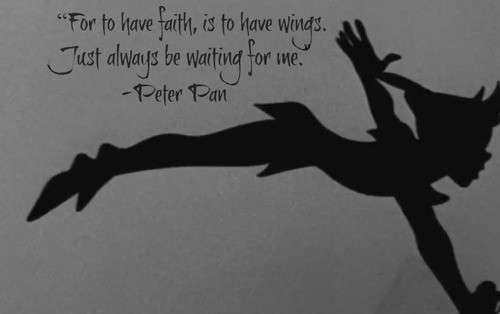After seeing Neverland at the American Repertory Theatre, I got to thinking about how we tell stories- to ourselves, to our children, to our families and to our worlds.
What we choose to say, and what we choose not to say.
J.M. Barrie, the author of Peter Pan and the inspiration for Neverland, certainly experienced his share of disappointment and tragedy. Nevertheless, he chose to write the fantastical Peter Pan, a story about hope and hardiness, as much as one about not wanting to ever grow up. Barrie’s first marriage was unsustainable, and the great love he subsequently discovered was cut short by his lover’s early death. From that loss he created opportunity, and made meaning from his sorrow. One hundred and ten years later, we can now read, watch and learn from the power of how he framed that story.
As a society, we often discuss divorce as a failing, and a time of destruction. There is no doubt that it is a sad juncture, a time of regrets and destabilization. However what if we also began to talk about it as a time of rethinking, rebalancing, and restructuring? How would that process change the paradigm? Could it then be seen as a time of opportunity? A time to evaluate not only what went wrong, but how to now make things go right. How different would that story look and feel to those experiencing it? Could that reframing give the children of divorce a construct of resilience?

